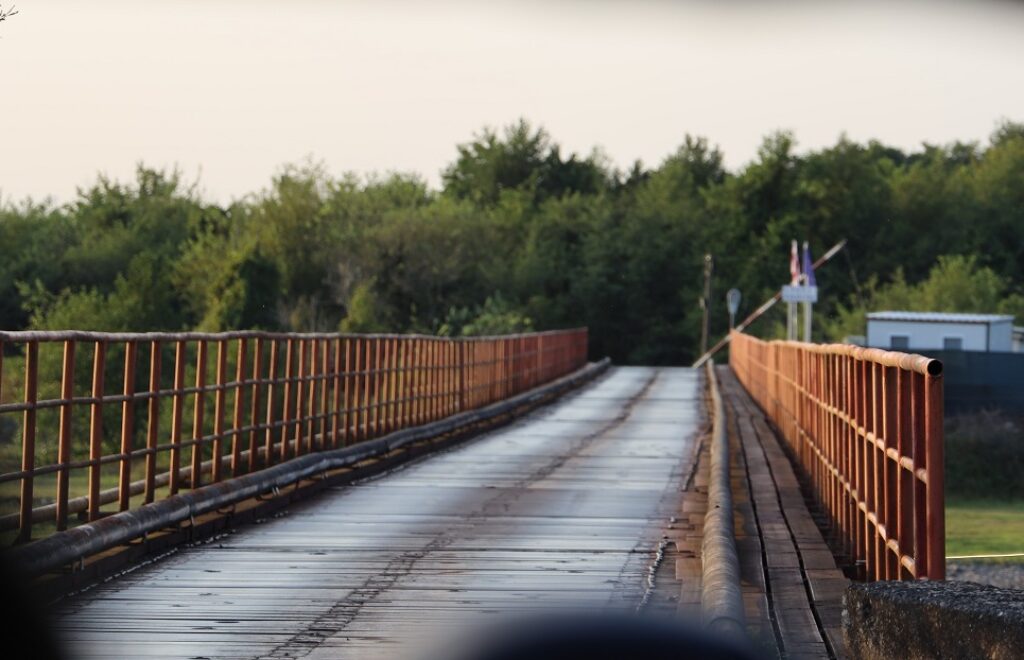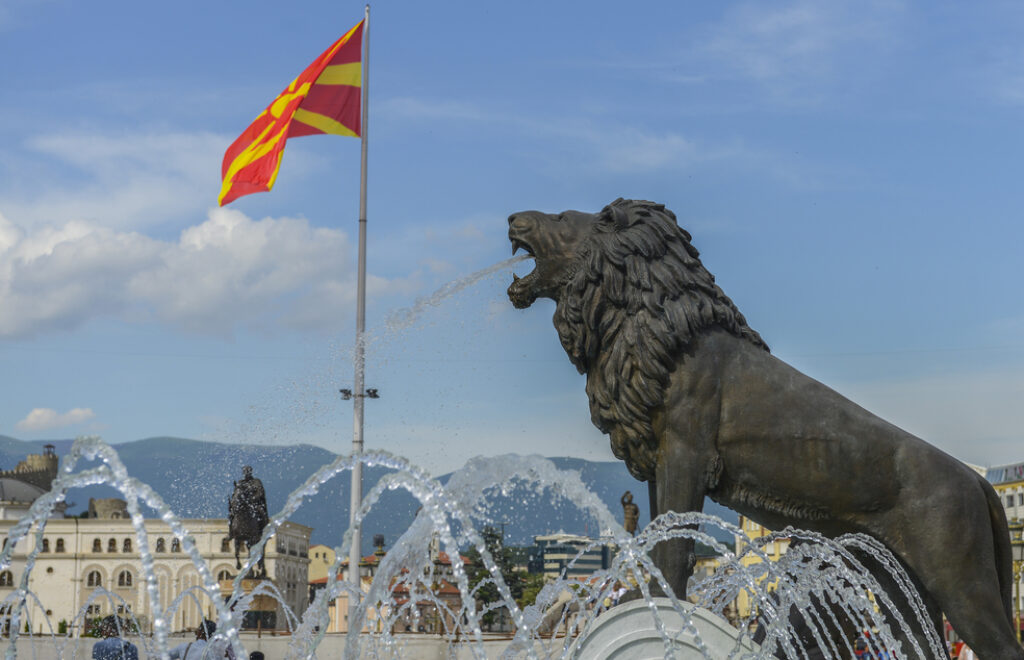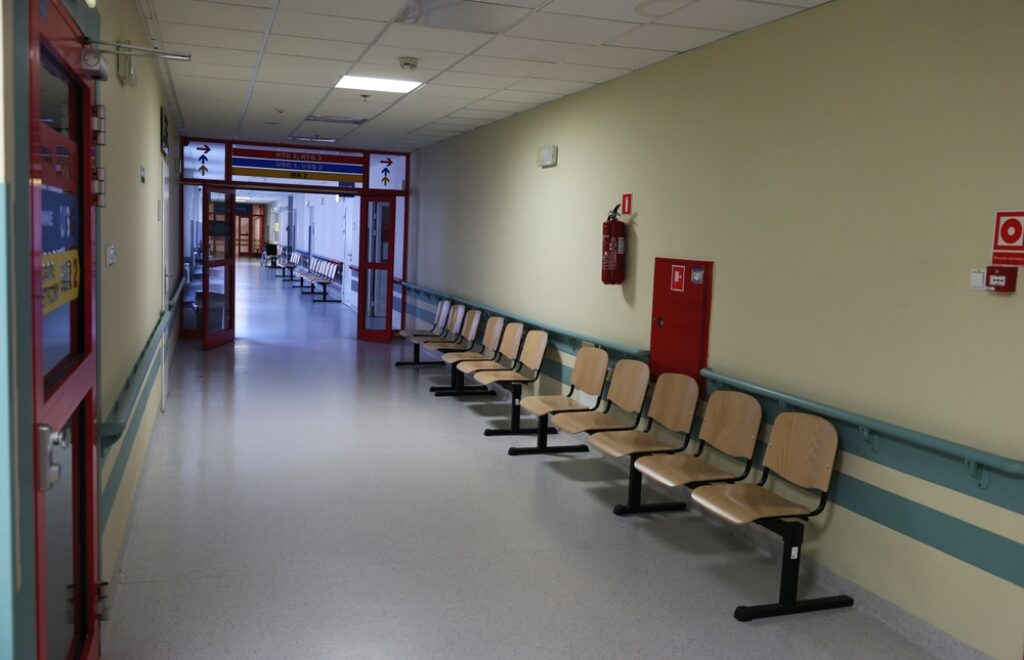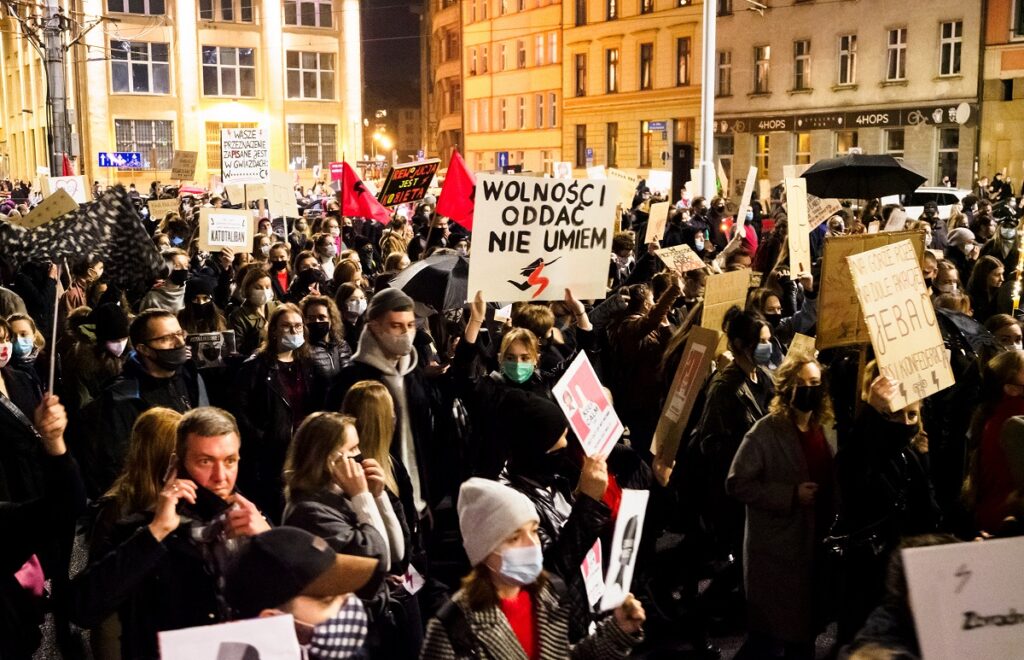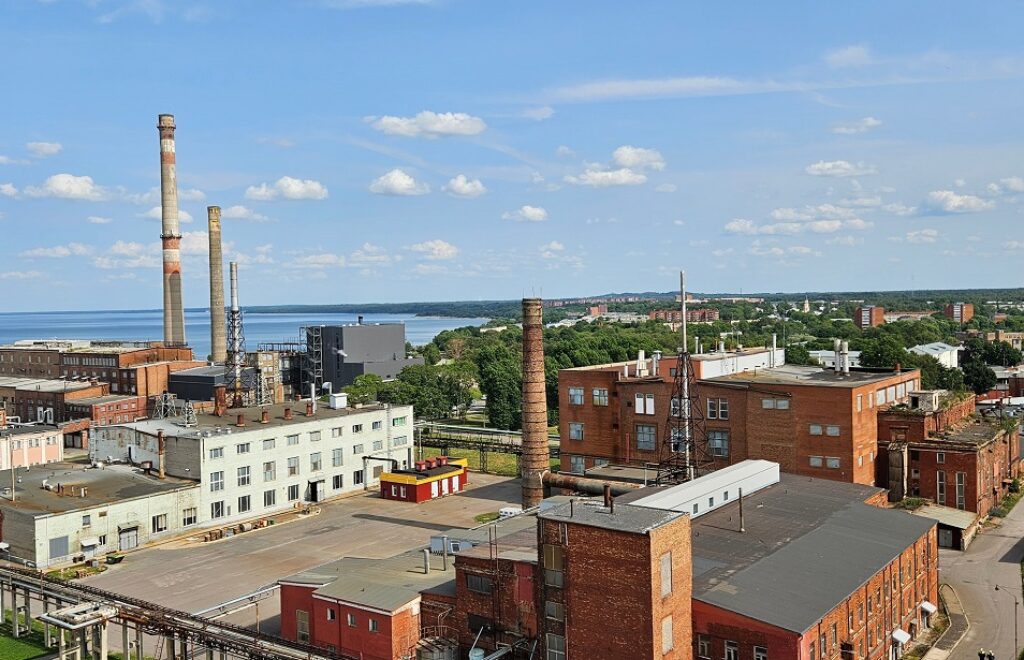Occupiers declare war against Georgian language in Abkhazia
Since the beginning of the past school year, teaching in Georgian in Georgian-language schools in Gali (in occupied Abkhazia) has been stopped, and education will now be conducted in Russian. Seventeen-year-old Natia K. is an 11th grade student of one of the schools in the low-lying area of Gali. Since September 1st, she has been taught Georgian as a foreign language at school.
April 11, 2024 - Tamuna Shonia



